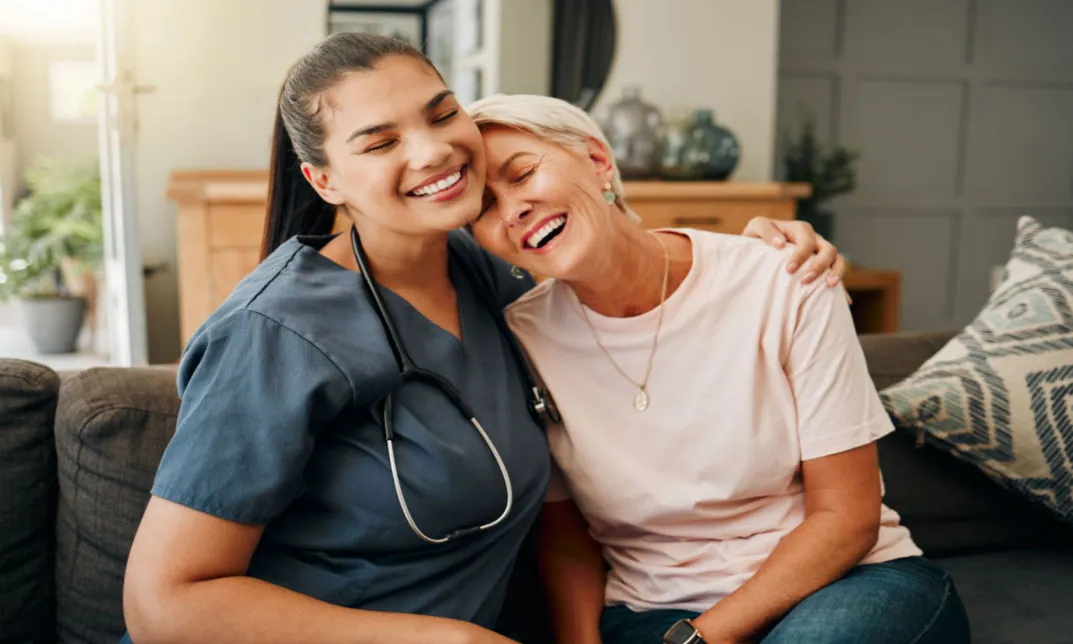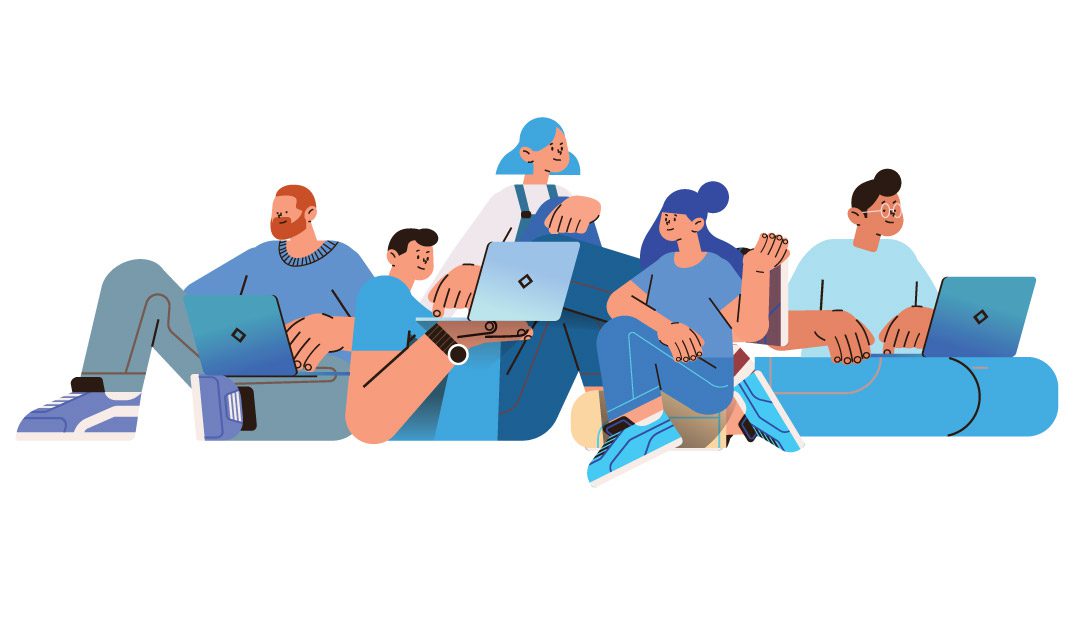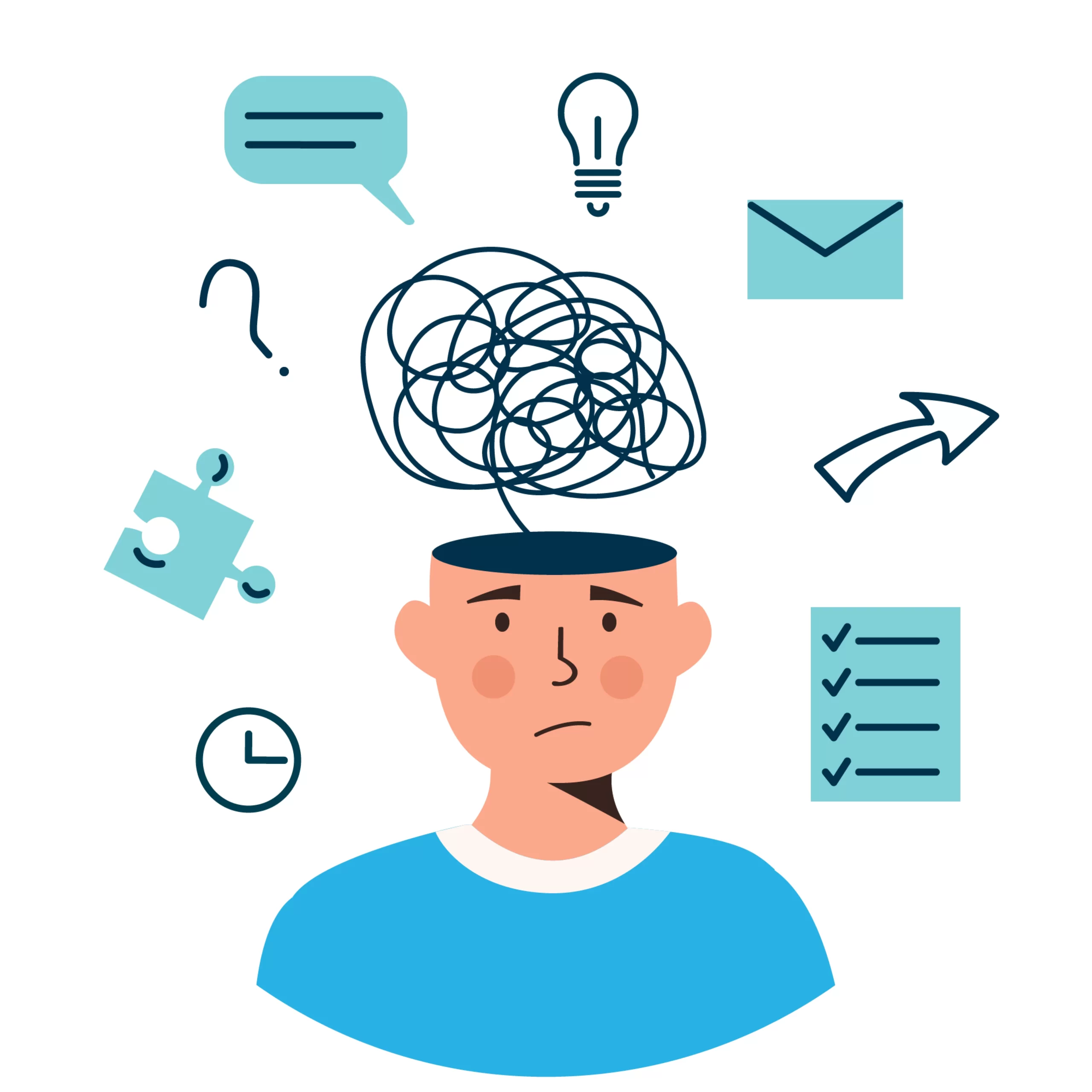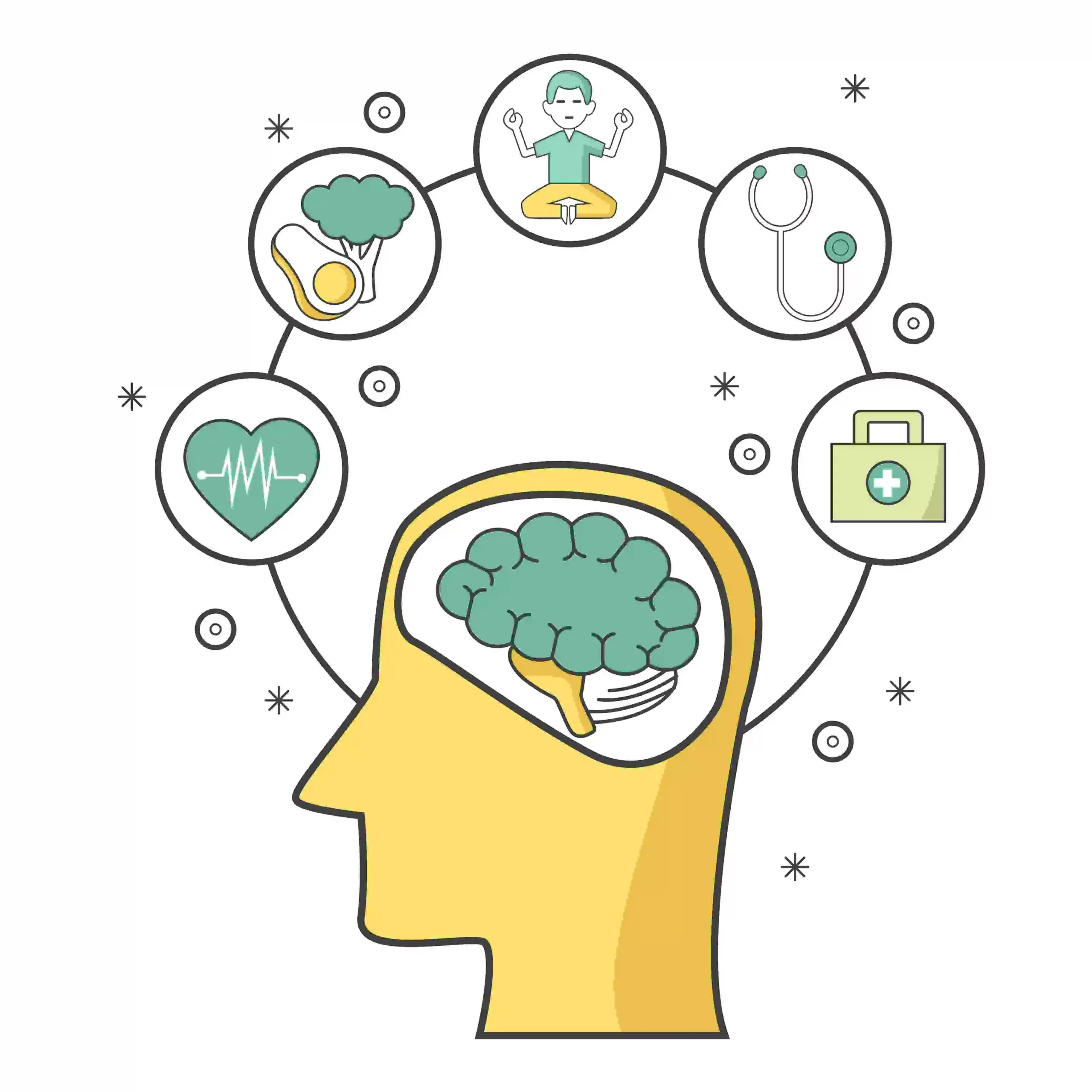No products in the basket.
Imagine meeting someone who needs care. You might think about their health, but what about their mind, feelings or friendships? That’s where P.I.E.S in health and social care comes in.
P.I.E.S stands for Physical, Intellectual, Emotional, and Social. It’s an easy-to-use way for carers, support workers, and nurses to plan support that focuses on the whole person—not just medical tasks. Using P.I.E.S means helping someone stay healthy, keeping their mind active, supporting their emotions, and making sure they feel connected to others. This way, people can live safely, confidently, and independently, while feeling cared for and understood.
In this blog, we’ll explore each part of P.I.E.S and show practical ways to make everyday life better for the people you care for.
Understanding P.I.E.S: What It Means and Why It Matters
P.I.E.S in health and social care stands for:
- P = Physical – Healthy body, safe routines, energy, and independence.
- I = Intellectual – Keep the mind active with puzzles, learning, and conversation.
- E = Emotional – Support feelings, self-esteem, and resilience.
- S = Social – Build friendships, family links, and community connections.
Every part of P.I.E.S matters because all areas of life are connected. For example, strong physical health gives people the energy to learn, play, and spend time with others. Meanwhile, a sharp mind helps them make choices and stay independent. Similarly, feeling emotionally safe keeps them confident and able to cope with challenges. Finally, having friends, family, and community connections brings joy and makes life feel truly meaningful.
Why P.I.E.S Is Used in Health and Social Care
P.I.E.S helps carers, support workers and nurses look after the whole person, not just their health. For instance, good physical health gives people the energy to do daily activities. Meanwhile, keeping the mind active helps them stay confident and independent. In addition, feeling safe and supported emotionally makes life less stressful and having friends or family around brings happiness and purpose. Altogether, these areas connect to build a strong sense of wellbeing. By using P.I.E.S, carers can plan support that touches every part of a person’s life, helping them stay healthy, confident, and independent while truly enjoying each day.
The Four Areas of P.I.E.S Explained
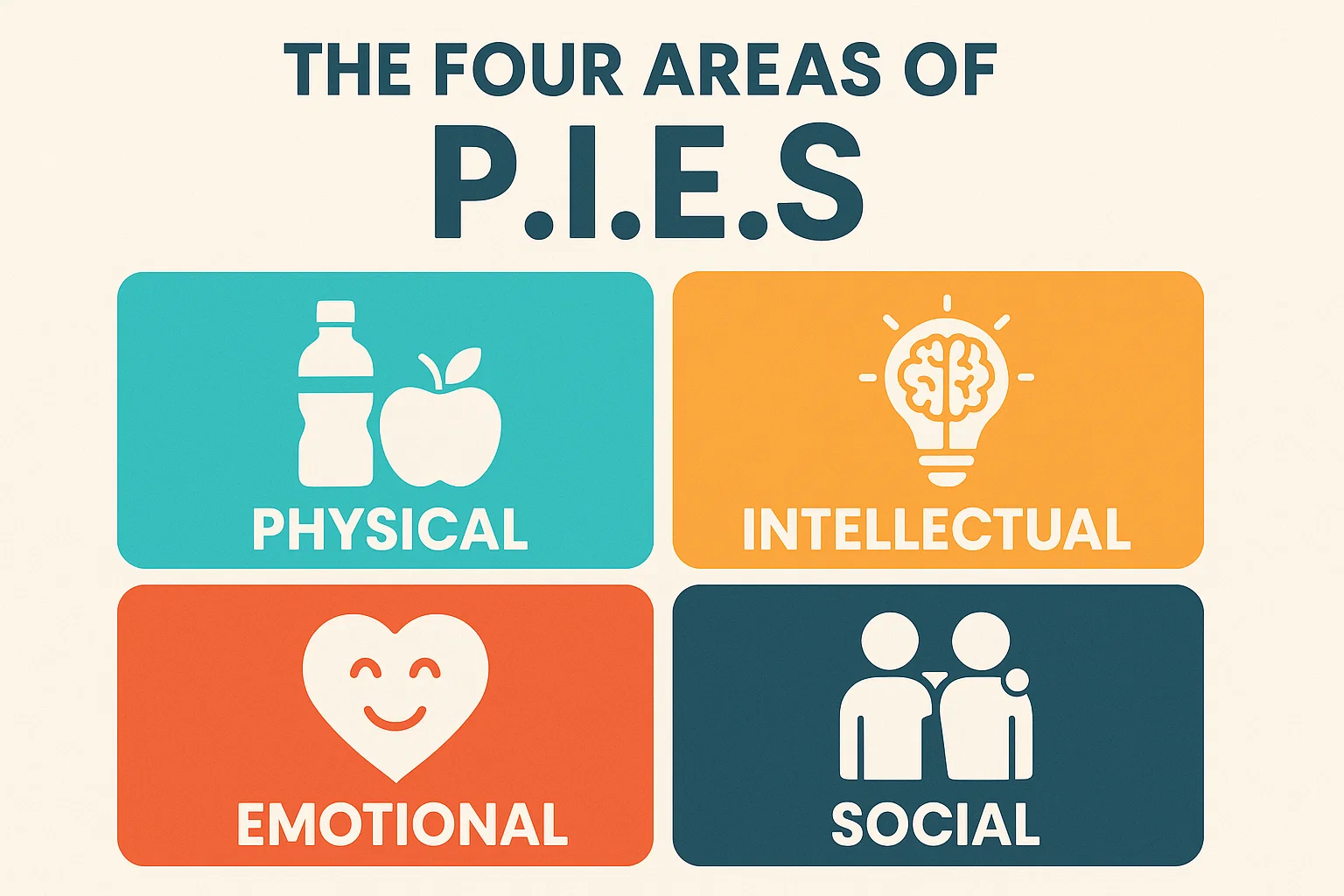
P – Physical Development and Wellbeing
Our body is the base for everything else. To begin with, this means eating well, staying hydrated, moving around, resting, and keeping safe. For example, it could be a short walk, using a mobility aid, or checking pain and sleep. When physical health improves, people gain more energy, stay safe, and do more on their own.
I – Intellectual Growth and Stimulation
A busy mind is a happy mind. That’s why reading, puzzles, learning new skills, or chatting about memories are so helpful. As a result, these activities keep the mind sharp, boost confidence, and make everyday decisions easier.
E – Emotional Stability and Support
Feelings matter a lot. So, listening, checking in, keeping calm routines, and offering encouragement help people feel safe, valued and strong. In turn, emotional support builds confidence and helps them handle challenges with more balance.
S – Social Connection and Belonging
We all need friends and community. That’s why family visits, group activities, and volunteering are so important—they help people feel connected and loved. In addition, strong social links reduce loneliness, increase confidence, and make life feel meaningful.
When you combine all four areas, care becomes more than tasks—it helps people live happier, healthier, and independent lives.
How the Four Areas Work Together
The four areas of P.I.E.S are all connected and work together. For example, if someone has pain (Physical), it can make them feel sad or frustrated (Emotional) and stop joining friends or activities (Social). This can also slow their thinking or learning (Intellectual). But it works the other way too. When we encourage someone to join a hobby or spend time with others, it can lift their mood, make them more confident and even improve their physical health. By looking at all four areas, carers can support the whole person and make a real difference in their life.
Real-Life Examples of P.I.E.S in health and social care Settings
P.I.E.S works best when we see it in real life.
Elderly Care: Gentle walks keep the body moving (Physical), quizzes keep the mind sharp (Intellectual), coffee with friends lifts spirits (Social), and quick mood check-ins help people feel safe and valued (Emotional).
Children’s Services: Playing outside strengthens the body (Physical), puzzles and storytime keep the mind active (Intellectual), praise and coaching build confidence (Emotional), and group games teach friendship and teamwork (Social).
Mental Health Support: Talking through feelings helps emotions (Emotional), creative activities challenge the mind (Intellectual), meet-ups connect people (Social), and healthy routines like sleep and meals support the body (Physical).
Together, these examples show how P.I.E.S helps people feel happier, stronger, and connected every day.
Applying P.I.E.S in Care Plans
Here are the key steps carers can follow to create a plan that really supports the whole person:
- Set goals together: Chat with the person and discover what truly matters to them—big or small.
- Choose fun activities: Pick ways to support their Physical, Intellectual, Emotional, and Social needs that feel enjoyable, not like chores.
- Keep track: Note what works, celebrate small wins, and adjust as you go.
- Be flexible: Life changes, so make the plan easy to adapt.
- Focus on the person: Every action should boost confidence, independence, and make daily life brighter and happier.
P.I.E.S Across the Life Stages
P.I.E.S helps people at every age, supporting their body, mind, feelings, and connections.
Children and Teens
In childhood and teenage years, development is rapid and full of change. This is the time when curiosity grows, confidence builds, and friendships shape how young people see themselves.
Encouraging active play, creative learning, and emotional expression helps them thrive. Activities such as art, games, and teamwork build problem-solving skills and empathy. Children who feel supported in body, mind, and emotions are more likely to develop a healthy sense of identity and resilience as they move into adulthood.
Adults
Adulthood can be demanding, with responsibilities that include work, relationships, and family. It’s important for adults to find balance between physical health, mental focus, emotional stability, and social connection.
Regular exercise, learning new skills, and maintaining strong relationships help adults stay grounded and confident. Taking time to reflect, relax, and connect with others reduces stress and promotes well-being. When adults care for themselves in all four P.I.E.S areas, they are better able to care for others, too.
Older Adults
As people grow older, their needs may change, but the principles of P.I.E.S remain just as important. Gentle physical activity supports mobility and independence, while mental stimulation through reading, games, or hobbies keeps the mind active.
Social connection — such as spending time with friends, family, or community groups — reduces loneliness and builds a sense of belonging. Emotional support, empathy, and regular check-ins help older adults feel respected and valued. A balanced approach ensures they continue to live with purpose and joy.
By thinking about P.I.E.S at each stage, carers can give support that truly fits the person’s life and makes every day better.
Promoting P.I.E.S in Daily Practice
You can use P.I.E.S every day to help people feel happy, confident, and connected.
- Physical: Encourage small daily movement, make sure they drink enough water, and keep their home safe. Even a short walk or a few gentle stretch can lift their energy.
- Intellectual: Offer short, meaningful activities they enjoy. Reading, puzzles, or learning a little something new keeps the mind active.
- Emotional: Stick to simple routines, give reassurance and praise their strengths. Feeling safe and valued makes people more confident.
- Social: Plan regular contact with family, friends, or community groups. A chat or a small group activity can brighten their day.
By using P.I.E.S in daily life, carers can make each day easier, happier, and more meaningful.
Why Ignoring P.I.E.S Leads to Poorer Care
When one part of P.I.E.S is ignored, it can affect the whole person. For instance, being lonely can make someone feel anxious (Emotional), and poor nutrition can drain their energy and mood (Physical).
In addition, missing social or mental activities can make them feel stuck and disconnected. That’s why the P.I.E.S model is so helpful — it helps carers notice small changes early and take quick action. By caring for the body, mind, emotions, and social life together, care becomes safer, more balanced, and truly makes everyday life better.
FAQs
1. What do the P.I.E.S stand for?
Physical, Intellectual, Emotional, and Social. These cover all parts of a person’s wellbeing.
2. What does P.I.E.S stand for in healthcare?
It’s the same: Physical, intellectual, emotional, and social development are used to provide person-centred care.
3. What are physical, intellectual, emotional, and social needs?
They are the needs that keep the body healthy, the mind active, feelings supported, and relationships strong.
4. What are the 9 person-centred values in health and social care?
Respect, dignity, independence, privacy, choice, equality, diversity, partnership, and empowerment—these guide care around the person.
5. What are the 8 core care values?
Compassion, dignity, respect, equality, diversity, privacy, partnership, and rights—key principles for quality care.
6. What are the 6 C’s?
Care, Compassion, Competence, Communication, Courage, and Commitment—values for every care worker.
7. What are the 4 P’s of nursing?
Patients, Purpose, Place, and Professionals—the essentials for safe and effective nursing practice.
Final Thoughts: P.I.E.S Makes Care More Human
Ultimately, P.I.E.S in health and social care helps carers support the whole person. It focuses on their body, mind, feelings, and connections with others. When carers use P.I.E.S every day, care feels more respectful, balanced, and meaningful. It’s not just about finishing tasks—it’s about helping people feel valued, confident, and independent. By supporting Physical, Intellectual, Emotional, and Social needs together, carers make life happier, safer, and more connected. In the end, P.I.E.S. shows that every part of a person matters and that true care always feels human.
If you want to turn this understanding into action, explore our Health and Social Care courses at Training Tale and start a career that truly changes lives.

